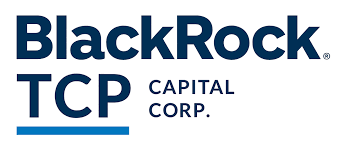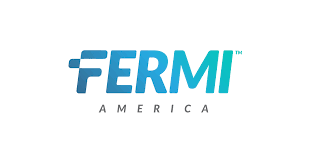
While there have been dramatic developments in recent days related to the Trump administration’s tariff-policies – including the U.S. Supreme Court striking down the administration’s IEEPA tariffs and the Trump administration announcement of new across-the-board Section 122 tariffs – the uncertainty companies have faced related to the tariffs continues, and indeed may even have been exacerbated. A new securities suit filed earlier this week against Lakeland Industries, a company whose operations and financial results were impaired by “tariff headwinds,” illustrates how the continuing tariff uncertainty may translate into corporate and securities litigation in the weeks and months ahead. A copy of the February 23, 2026, Lakeland Industries complaint can be found here.Continue Reading Protective Clothing Company Hit with Tariff-Related Securities Suit








